Top Class Actions’s website and social media posts use affiliate links. If you make a purchase using such links, we may receive a commission, but it will not result in any additional charges to you. Please review our Affiliate Link Disclosure for more information.
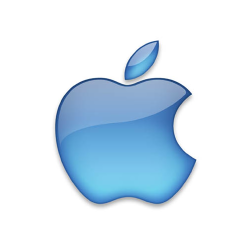
The Apple antitrust class action complaint, originally filed in 2012, alleges that Apple entered into a contract allowing AT&T to monopolize the market of network service for iPhone cell phones.
Apple enforced its exclusive agreement by installing software that “locked” iPhones, preventing consumers from switching cell phone carriers, the plaintiffs allege. According to the Apple class action lawsuit, this effectively gave AT&T a monopoly over “aftermarket iPhone voice and data services,” meaning that consumers could not use any other cell carriers other than AT&T for their iPhones while the agreement was in place.
Apple filed a motion to dismiss last September, arguing that the plaintiffs’ allegation that AT&T had a monopoly on “aftermarket” services was incorrect. AT&T does not have a monopoly because it competes with other cell carriers, Apple claimed. In addition, Apple asserted that consumers knew they had to use the AT&T network before they purchased the iPhone. Apple’s first motion to dismiss was denied by the court.
In its most recent filing, Apple again argues that AT&T does not have a monopoly in an “aftermarket” for “voice and data services for the iPhone.” Apple renewed its claim that AT&T faces strong competition from other cell carriers at all times, and that consumers almost always signed up for AT&T service at the same time they purchased an iPhone.
“The reality is that one of four major cellular service providers entered into a three-and-a-half-year exclusive distribution agreement with one of many handset manufacturers” Apple states in its motion, and therefore there “are no viable legal grounds for calling that a conspiracy to monopolize.”
In addition, Apple seeks to end the antitrust class action lawsuit by arguing that the law is only concerned when there is a change in aftermarket prices forced on consumers who are stuck with one company because of a monopoly. Here, Apple claims, “there is no evidence that AT&T ever charged more for iPhone service than it charged for service on other competitive handsets.” In fact, Apple contends that its agreement with AT&T “guaranteed market rates, which defeats the claim of a separate aftermarket.”
Finally, Apple argues that plaintiffs Zach Ward and Thomas Buchar each purchased an iPhone in 2009, two years after the original iPhone was sold exclusively through AT&T, so they knew that the iPhone was exclusive to the AT&T cell network. Apple also claims that they both entered into service contracts with AT&T at the same time they bought their iPhones, so their argument about an “aftermarket” should fail.
Plaintiffs Zack Ward and Thomas Buchar are represented by Francis M. Gregorek, Rachele R. Rickert, Mark C. Rifkin, Alexander H. Schmidt, and Michael Liskow of Wolf Haldenstein Adler Freeman & Herz LLP.
The Apple Antitrust Class Action Lawsuit is Zack Ward, et al., v. Apple Inc., Case No. 4:12-cv-05404, in the U.S. District Court for the Northern District of California, Oakland Division.
UPDATE: On Feb. 16, 2016, the plaintiffs pushed back against Apple’s motion to end the antitrust class action lawsuit, arguing that Apple’s exclusive deal with AT&T to provide iPhone network services created a type of “aftermarket monopoly” previously declared illegal by U.S. courts.
UPDATE 2: On Mar. 24, 2016, Apple tried again to end a proposed class action by arguing in a hearing that the sale of the phones and the sale of the service plans for the phones were conducted as part of a single transaction by consumers, so no aftermarket existed.
UPDATE 3: On Nov. 25, 2016, Apple urged a judge to reject a “meritless and tardy” brief filed by plaintiffs in a class action lawsuit accusing the tech giant of engaging in an antitrust conspiracy with AT&T Mobility to prevent iPhone owners from switching to a different wireless carrier.
UPDATE 4: On March 22, 2017, a federal judge ruled that this Apple antitrust class action lawsuit will continue after one narrow legal theory just managed to slip past the defendant’s motion for summary judgment.
UPDATE 5: On Feb. 16, 2018, a California federal judge denied certification to a class action lawsuit alleging an exclusivity agreement between Apple and AT&T locked iPhone users into using AT&T’s voice and data service even after their agreements with the wireless provider expired or were otherwise terminated.
ATTORNEY ADVERTISING
Top Class Actions is a Proud Member of the American Bar Association
LEGAL INFORMATION IS NOT LEGAL ADVICE
Top Class Actions Legal Statement
©2008 – 2024 Top Class Actions® LLC
Various Trademarks held by their respective owners
This website is not intended for viewing or usage by European Union citizens.



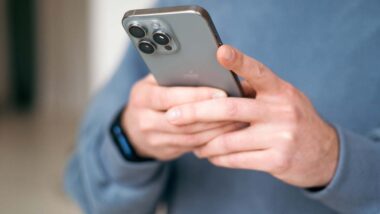

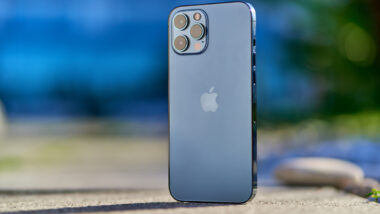
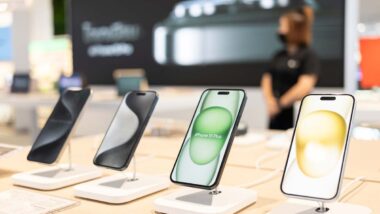
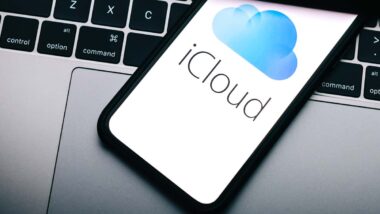
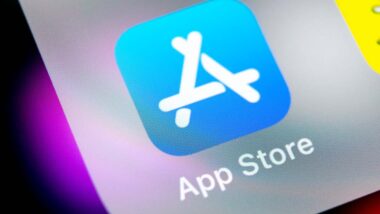
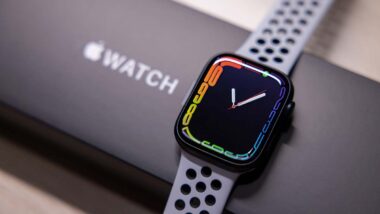

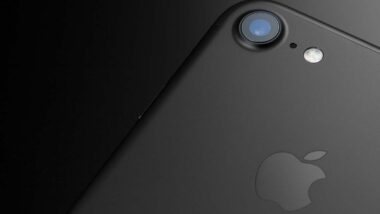
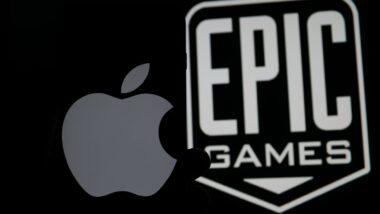
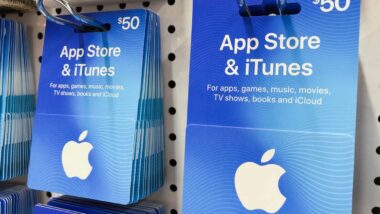

7 thoughts onApple Again Seeks to End Antitrust Class Action Lawsuit
UPDATE 4: On March 22, 2017, a federal judge ruled that this Apple antitrust class action lawsuit will continue after one narrow legal theory just managed to slip past the defendant’s motion for summary judgment.
UPDATE 3: On Nov. 25, 2016, Apple urged a judge to reject a “meritless and tardy” brief filed by plaintiffs in a class action lawsuit accusing the tech giant of engaging in an antitrust conspiracy with AT&T Mobility to prevent iPhone owners from switching to a different wireless carrier.
UPDATE 2: On Mar. 24, 2016, Apple tried again to end a proposed class action by arguing in a hearing that the sale of the phones and the sale of the service plans for the phones were conducted as part of a single transaction by consumers, so no aftermarket existed.
Need information how to sign up for this claim…
UPDATE: On Feb. 16, 2016, the plaintiffs pushed back against Apple’s motion to end the antitrust class action lawsuit, arguing that Apple’s exclusive deal with AT&T to provide iPhone network services created a type of “aftermarket monopoly” previously declared illegal by U.S. courts.
I need to make a claim but I don’t know how.please help me
I need to be added to this lawsuit and I don’t know how to file claim.please let me know